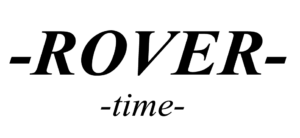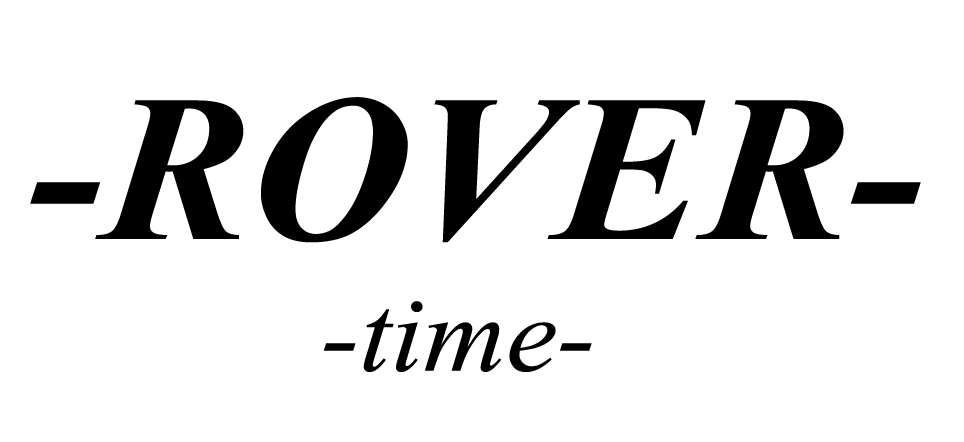Cognitive Behavioral Therapy CBT for Addiction & Substance Abuse

As this scenario plays out, a person can practice identifying negative thoughts or urges, and determining effective coping skills for responding to them. Studies show it can help reduce the risk of relapse in people with certain drug addictions, especially when paired with other medical and behavioral healthcare services. We provide an overview of Cognitive Behavioral Therapy (CBT) efficacy for adult alcohol or other drug use disorders (AOD) and consider some key variations in application as well as contextual (ie, moderators) or mechanistic (ie, mediators) factors related to intervention outcomes. Hester and colleagues (Hester, Delaney, & Campbell, 2011) conducted a study in which 78 non-dependent problem drinkers were randomized to either Moderation Management alone () (either delivered in-person or web-based) or Moderation Management plus online training in moderation management using the “Moderate Drinking” app (). While both groups significantly decreased the amount they drank, those assigned to the combination reported a higher percentage of days abstinent (43.9 versus 22.6%) and fewer alcohol-related problems than the group utilizing Moderation Management only.
- These situations also serve as thefoundation from which a number of measures of substance-relatedself-efficacy have been developed (Annisand Davis, 1988b; DiClementeet al., 1994; Sklar et al.,1997).
- A patient with co-occurring panic disorder and alcohol dependence may be experiencing cycles of withdrawal, alcohol use, and panic symptoms that serve as a barrier to both reduction of alcohol consumption and amelioration of panic symptoms.
- For example, in a review of 122 clinical trials of AUD pharmacotherapies delivered in outpatient settings,10 the authors could not conclude about the efficacy of pharmacotherapies when combined with a behavioral cointervention.
- This article provides a review of the evidence supporting the use of CBT, clinical elements of its application, novel treatment strategies for improving treatment response, and dissemination efforts.
Relaxation techniques
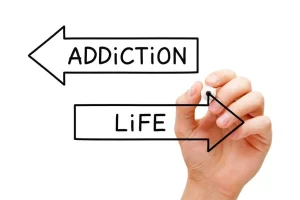
If your insurance doesn’t cover all of your therapy costs or if you don’t have insurance, there are other ways to pay. Some therapists also offer payment plans, scholarships, and sliding-scale fees based on income. Substituting old habits that contribute to substance https://ecosoberhouse.com/ use with more positive and enduring actions enhances a person’s ability to function and aids in long-term recovery. This form of talk therapy, paired with other interventions, can help people identify the initial thoughts and emotions that can affect how you behave.
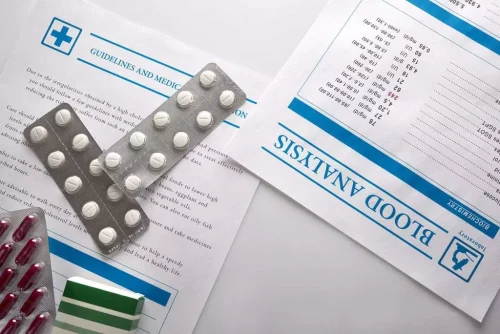
Cognitive Behavioral Interventions for Alcohol and Drug Use Disorders: Through the Stage Model and Back Again
AddictionResource aims to present the most accurate, trustworthy, and up-to-date medical content to our readers. Our team does their best for our readers to help them stay informed about vital healthcare decisions. If you or anyone you know is undergoing a severe health crisis, call a doctor or 911 immediately. Addiction Resource team has compiled an extensive list of the top drug rehabilitation facilities around the country.
Cognitive restructuring
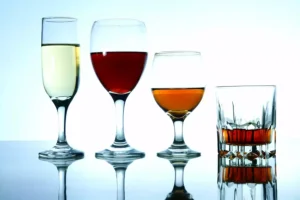
In the brief behavioral model designed by Phillipsand Weiner, techniques such as programmed therapy and writing therapy(see Figure 4-6) make whatis typically thought of as “homework” the central concern of the therapysession (Phillips and Weiner,1966). Therapy can be a helpful tool in managing mental health symptoms and navigating difficult life transitions, such as when you quit drinking alcohol or using drugs. There are several types of therapy used in addiction treatment, and one of the most effective cbt interventions for substance abuse is cognitive behavioral therapy (CBT). This article will discuss the use of CBT in addiction treatment and teach you how to determine if CBT is the right therapy approach for you. CBT is one of the most researched forms of treatments, so there is an abundance of evidence and support for its use with a variety of mental conditions, including alcohol and substance use disorders. More than 53 randomized controlled trials on alcohol and drug abuse were examined to assess the outcomes of CBT treatment.

Can Cognitive Behavioral Therapy (CBT) Treat Alcoholism and Drug Addiction?
Clinicians sit with patients who present with specific complaints, a range of symptoms, and a historical narrative. Influenced by education, training, supervision, the setting within which the clinician works, intuition, economics, and experience. Within that constellation, clinicians conduct assessments and make diagnoses and treatment decisions about particular patients. This reflects clinical experience and scientific evidence, derived from the clinician’s experience with similar patients.
Evidence Based Psychosocial Interventions in Substance Use
- The first step in finding cognitive behavioral therapy near you might be to discuss your situation with your doctor so you can have an evaluation and ask for referrals to rehabs that offer CBT.
- CBT uses the same learning processes that led to the development of alcohol and drug dependence in the first place to help people unlearn maladaptive behaviors.
- The mediation studies were additionally grouped by whether the independent variable was a between (ie, CBT versus another treatment) or within (ie, a CBT-related process) condition indicator.
- Addressing the attributional processshould be done in the broader context of educating the client about therelapse process.
Meta-analytic data also suggest that when choosing between medication management and a more comprehensive adjunct to pharmacotherapy, the more comprehensive intervention is preferred. Finally, summary data on individual drugs beyond alcohol, later follow-up outcomes, and secondary measures of psychosocial functioning are quite sparse. In early review, a robust benefit of combined CBT with other psychosocial therapies such as MI and CM was observed. These effects have been observed in trials targeting alcohol use with co-occurring depression, cannabis use, and cocaine use.
Typical cognitive strategies employed are recognizing and challenging dysfunctional thoughts about substances and recognizing seemingly irrelevant decisions that lead to a relapse. Typical behavioral strategies employed are coping with cravings for substances, cue exposure, promotion of non-drug related activities, CM, relaxation training, preparing for emergencies and coping with relapses. Other elements of CBT include social skills training (effective communication, refusal skills) and problem solving skills. In conclusion, BIs can be an effective first level of treatment offered to drug and alcohol clients[16] and because of their low cost and cost-effectiveness, BIs are consistent with a public health treatment approach in substance use disorders.
The ACA applies to all insurance companies, including employer-sponsored coverage, Medicaid and Medicare, and marketplace insurance. Another aspect of skills training is helping people learn to better tolerate feelings of distress. This way, people can manage their feelings of anxiety or depression in positive ways, rather than turning to substance misuse for a quick fix. CBT uses the same learning processes that led to the development of alcohol and drug dependence in the first place to help people unlearn maladaptive behaviors. It may be offered as an intervention to supplement other treatments, including motivational interviewing, relapse prevention, and medication-assisted treatment.
